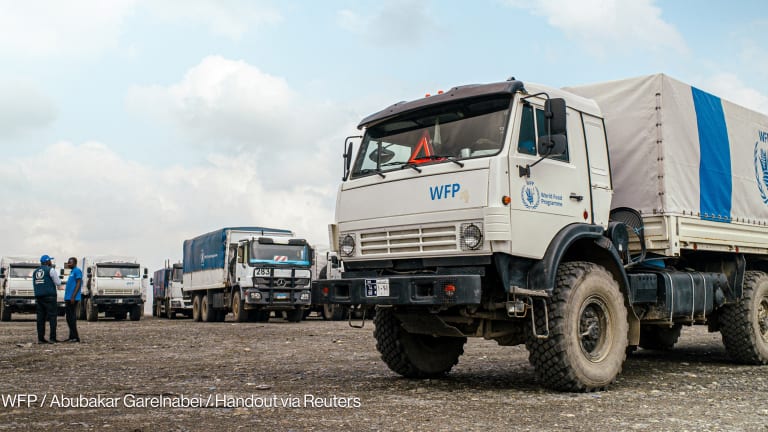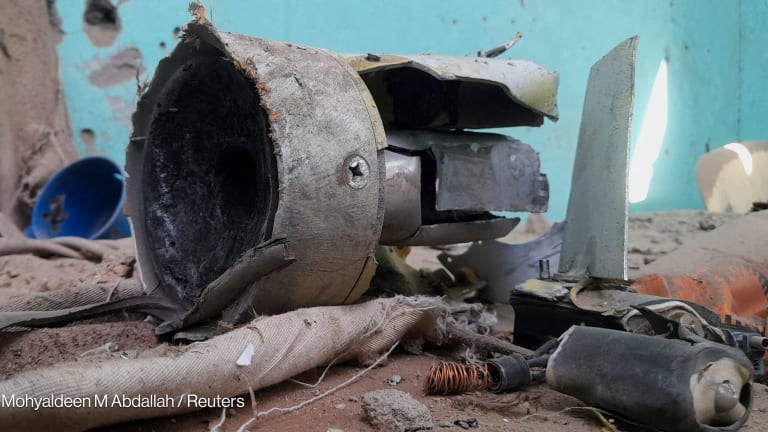Sudan is on fire. More than two months since the onset of clashes between the Sudanese Armed Forces, or SAF, and the Rapid Support Forces, or RSF, the conflict has devolved into a full-blown catastrophe for millions from Khartoum to Darfur. The unwillingness of both sides to commit to a sustained ceasefire, despite the good-faith efforts of international brokers, has set the stage for an entrenched war, with consequences that are sure to reverberate across the region.
Given the utter collapse of Sudanese infrastructure and state capacity, as well as understandable Western hesitancy to funnel aid to either of the two warring parties, the international community faces undeniable challenges in formulating a response. That’s exactly where Sudanese civil society can fill the gaps.
Even in the face of death, desperation, and a health care sector obliterated by the conflict, local civil society — and in particular the medical community — have sprung into action, rallying to help those most in need and save lives.








